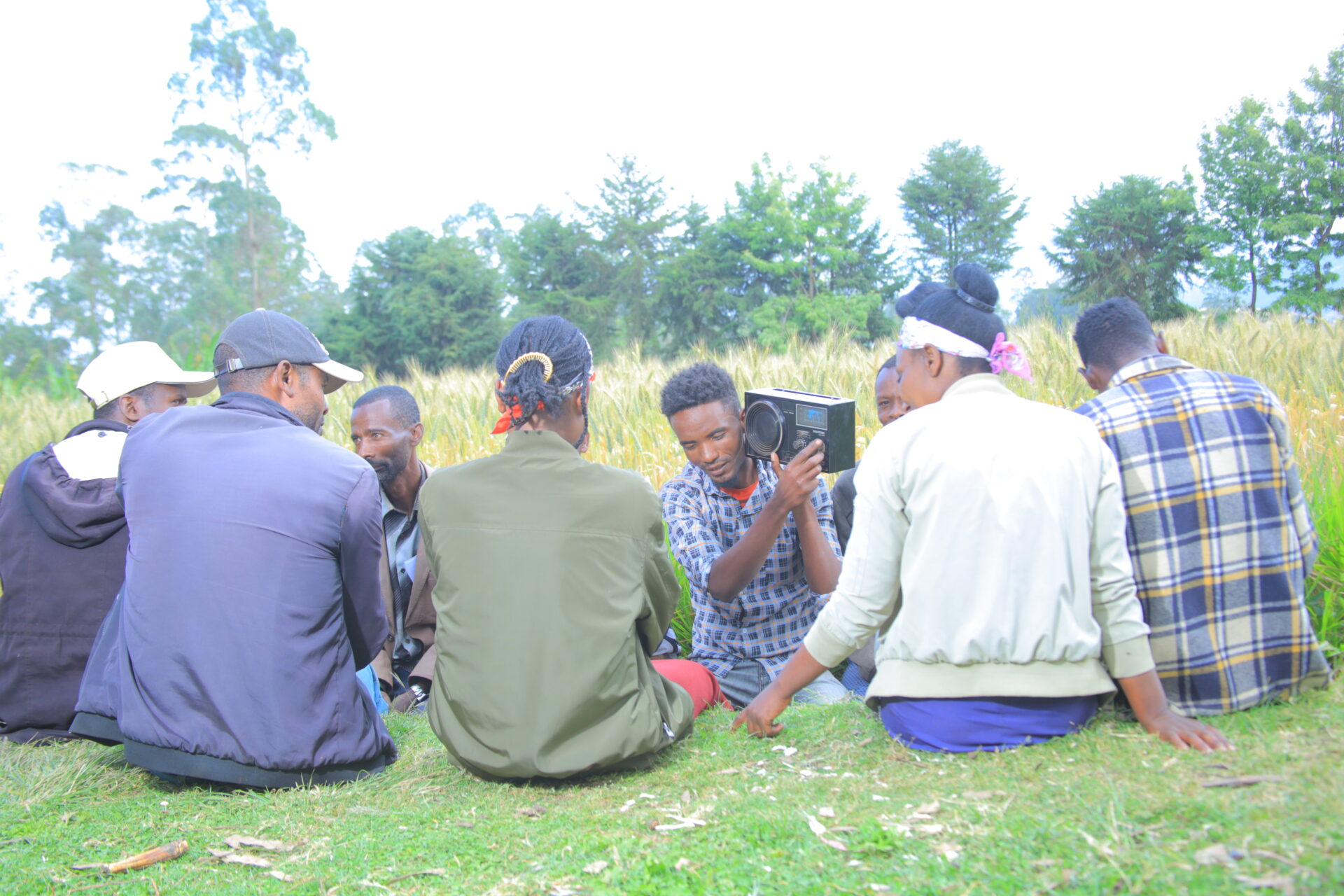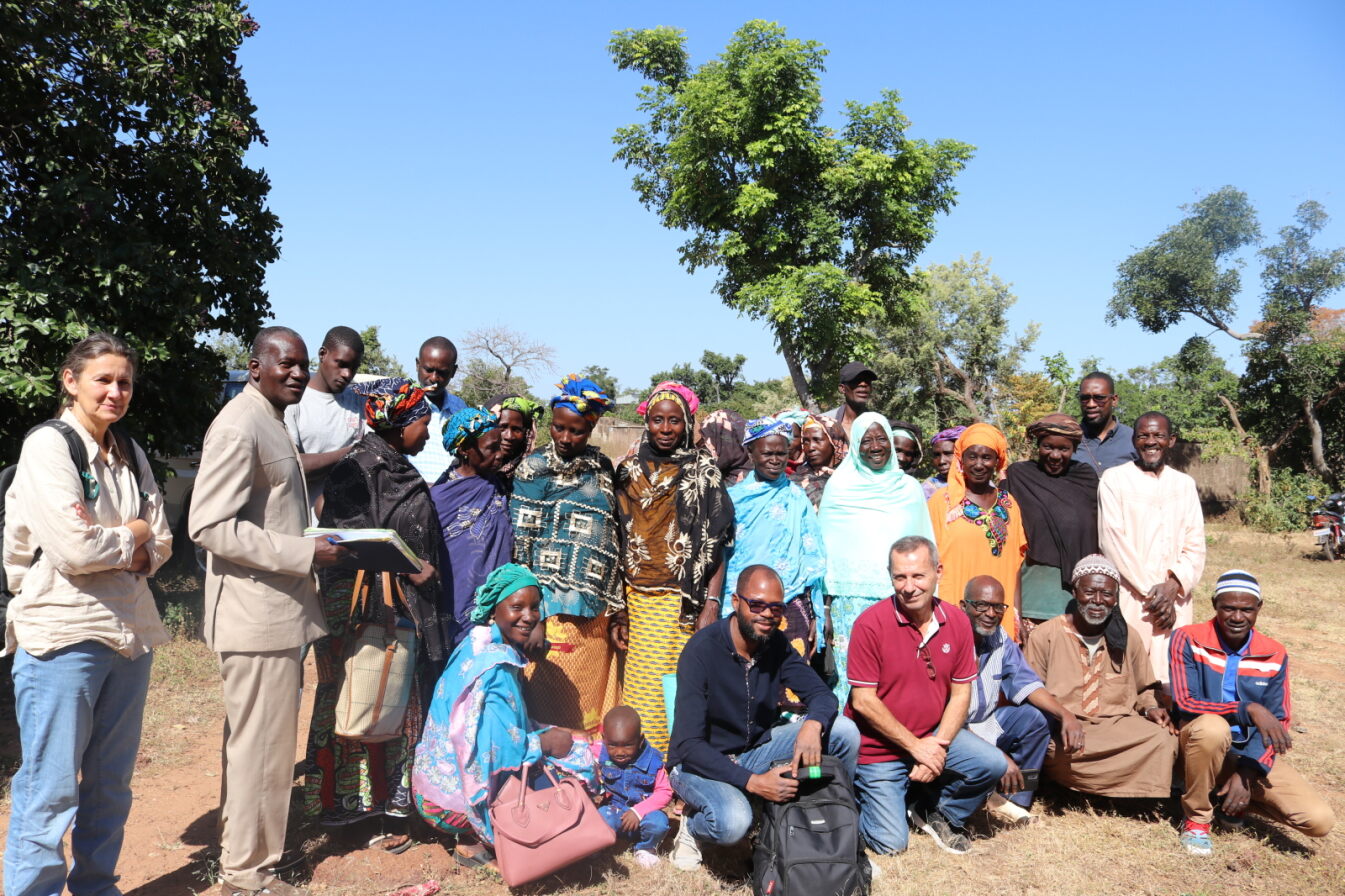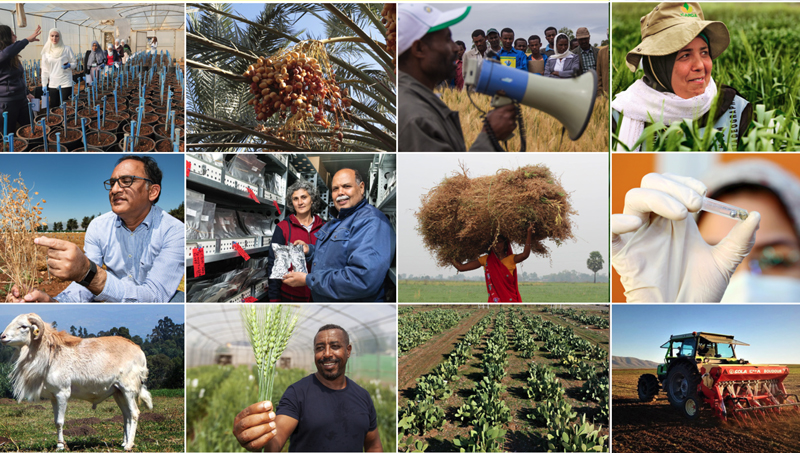Better Animals, More Jobs
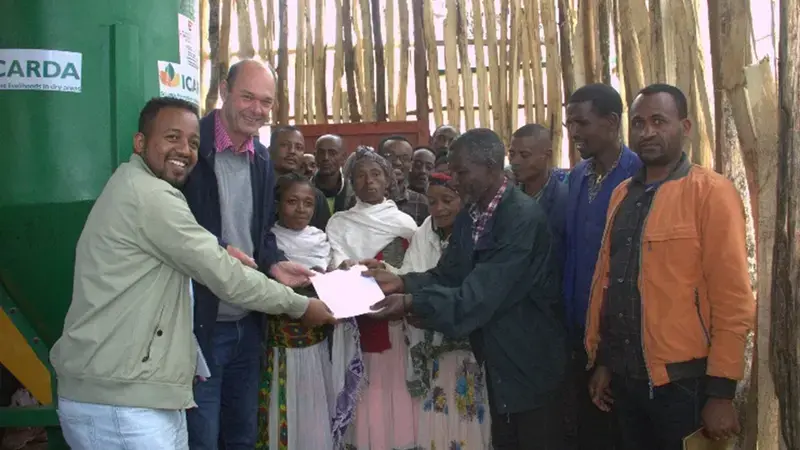
In Ethiopia's highlands, the human population is increasing along with higher food demand, resulting in agricultural production encroaching on land traditionally used as pasturelands. As a result, marginal lands ill-suited for cultivation and often with poor soil quality are now used for grazing, and livestock miss out on the necessary nutrients. Some farmers attempt to supplement grazing using mixed feed resources but do not know to consider animal requirements or economic factors like cost-benefit ratios.
In 2022, ICARDA collaborated with a Community of Practice (CoP) to train a group of 150 farmers, mainly youth and women, about the importance of livestock nutrition and the value of feed components. The training empowered the farmers to produce their own cost-efficient and nutritious feed concentrate using locally available resources and a tailored small-scale feed processing unit.
The next step was to evaluate the economic feasibility of feed processing as a business opportunity for the youths and women. ICARDA and the CoP developed business plans that compared the production costs and nutritional value of a rich compound feed produced using local resources such as barley and sorghum grains, wheat bran, lentils, faba beans and peas screenings (broken grains), and oil cakes versus expensive imported concentrates. The new locally-made feed was competitive in both areas.
Following this positive evaluation, in 2023, ICARDA distributed three locally manufactured feed processing machines, which included a grinder, conveyor, and feed mixer, to sheep-fattening youth groups in Bassona Werena (North Shewa), Boka-shut (Bonga), and Serara (Doyogena) in Ethiopia. The machines meant these groups could now produce and sell compound feed concentrates to their members and neighbouring farmers.
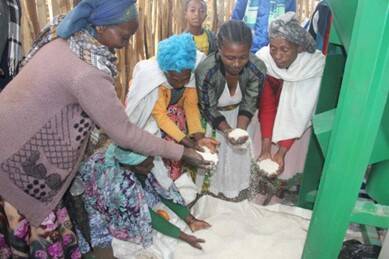
To demonstrate their commitment to the enterprise, the women and youth groups contributed to the machine installation by constructing shelters, electrical work, and cementing floors, accounting for at least 10% of the USD 10,000 machine price. Government bodies such as the Ethiopian Institute of Agricultural Research (EIAR), Livestock, Enterprise, and Cooperative Offices were crucial in mobilizing resources from youth groups and cooperatives and providing warehousing facilities, legal registration, loan services, and internal by-law development to manage operations effectively.
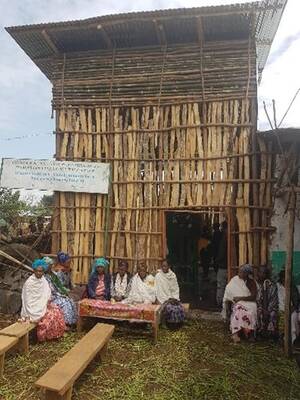
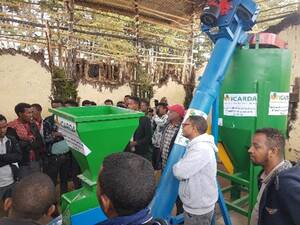
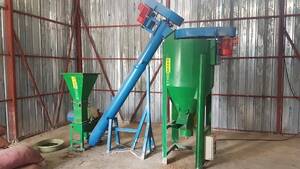
ICARDA and its national partners now closely monitor the feed business development, offering further training and coaching on feed formulation, processing, and marketing to the youth and women groups. If local feed processing proves functioning and beneficial, this business model will be scaled to other regions facing a shortage of affordable and nutritious feed resources.
This work has been done within the framework of CGIAR's SAPLING and SI-MFS initiatives.

